 Welcome
Welcome
“May all be happy, may all be healed, may all be at peace and may no one ever suffer."
MRSA infection
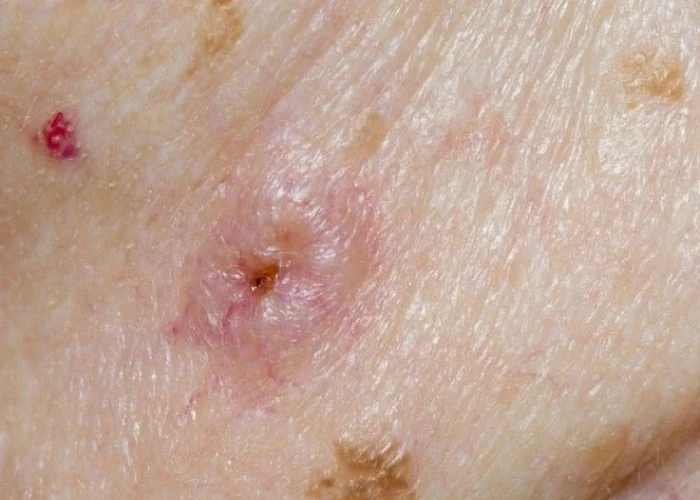
MRSA, or methicillin-resistant Staphylococcus aureus, is a type of bacteria that is resistant to many common antibiotics. MRSA infections can occur on the skin or in deeper tissues, and they can be serious or even life-threatening.
Symptoms of an MRSA infection can include:
- Redness, swelling, and warmth around the affected area
- Pain or tenderness
- Pus or other drainage from the area
- Fever
MRSA can be transmitted through direct contact with an infected wound or through contact with contaminated surfaces or objects. It is more common in people who have weakened immune systems, who are in hospitals or other healthcare settings, or who have frequent skin-to-skin contact with others (such as athletes or military personnel).
Treatment for MRSA infections may involve antibiotics that are effective against the bacteria. In some cases, surgical drainage of the infected area may be necessary. It is important to complete the full course of antibiotics as prescribed, even if symptoms improve, to prevent the development of antibiotic resistance.
Prevention of MRSA infections involves practicing good hygiene, including washing hands frequently, keeping wounds clean and covered, and avoiding close contact with people who have active MRSA infections. In healthcare settings, infection control measures such as isolating infected patients and wearing protective clothing can help to prevent the spread of MRSA.
Research Papers
Disease Signs and Symptoms
- Fever
- Skin lesions
- Acne (Pimple)
Disease Causes
MRSA infection
Different varieties of Staphylococcus aureus bacteria, commonly called "staph," exist. Staph bacteria are normally found on the skin or in the nose of about one-third of the population. The bacteria are generally harmless unless they enter the body through a cut or other wound, and even then they usually cause only minor skin problems in healthy people.
According to the Centers for Disease Control and Prevention, around 5% of the population chronically carries the type of staph bacteria known as MRSA.
Antibiotic resistance
MRSA is the result of decades of often unnecessary antibiotic use. For years, antibiotics have been prescribed for colds, flu and other viral infections that don't respond to these drugs. Even when antibiotics are used appropriately, they contribute to the rise of drug-resistant bacteria because they don't destroy every germ they target. Bacteria live on an evolutionary fast track, so germs that survive treatment with one antibiotic soon learn to resist others.
Disease Prevents
MRSA infection
Preventing HA-MRSA
In the hospital, people who are infected or colonized with MRSA often are placed in isolation as a measure to prevent the spread of MRSA. Visitors and health care workers caring for people in isolation may need to wear protective garments.
They also must follow strict hand hygiene procedures. For example, health care workers can help prevent HA-MRSA by washing their hands with soap and water or using hand sanitizer before and after each clinical appointment.
Hospital rooms, surfaces and equipment, as well as laundry items, need to be properly disinfected and cleaned regularly.
Preventing CA-MRSA
- Wash your hands. Careful hand washing remains your best defense against germs. Scrub hands briskly for at least 20 seconds. Carry a small bottle of hand sanitizer containing at least 60% alcohol for times when you don't have access to soap and water.
- Keep wounds covered. Keep cuts and scrapes clean and covered with clean, dry bandages until they heal. The pus from infected sores may contain MRSA, and keeping wounds covered can help prevent the spread of the bacteria.
- Keep personal items personal. Avoid sharing personal items such as towels, sheets, razors, clothing and athletic equipment. MRSA spreads on infected objects as well as through direct contact.
- Shower after athletic games or practices. Shower immediately after each game or practice. Use soap and water. Don't share towels.
- Sanitize linens. If you have a cut or sore, wash towels and bed linens in a washing machine set to the hottest water setting (with added bleach, if possible) and dry them in a hot dryer. Wash gym and athletic clothes after each wearing.
Disease Treatments
Both health care-associated and community-associated strains of MRSA still respond to certain antibiotics.
Doctors may need to perform emergency surgery to drain large boils (abscesses), in addition to giving antibiotics.
In some cases, antibiotics may not be necessary. For example, doctors may drain a small, shallow boil (abscess) caused by MRSA rather than treat the infection with drugs.
Preparing for your appointment
While you may initially consult your family doctor, he or she may refer you to a specialist, depending on which of your organs is affected by the infection. For example, he or she may refer you to a doctor trained in skin conditions (dermatologist) or a doctor trained in heart conditions (cardiologist).
What you can do
Before your appointment, you might want to write a list that includes:
- Detailed descriptions of your symptoms
- Information about medical problems you've had
- Information about the medical problems of your parents or siblings
- All the medications and dietary supplements you take
- Questions you want to ask the doctor
Disease Diagnoses
Disease Allopathic Generics
Disease Ayurvedic Generics
Disease Homeopathic Generics
Disease yoga
MRSA infection and Learn More about Diseases
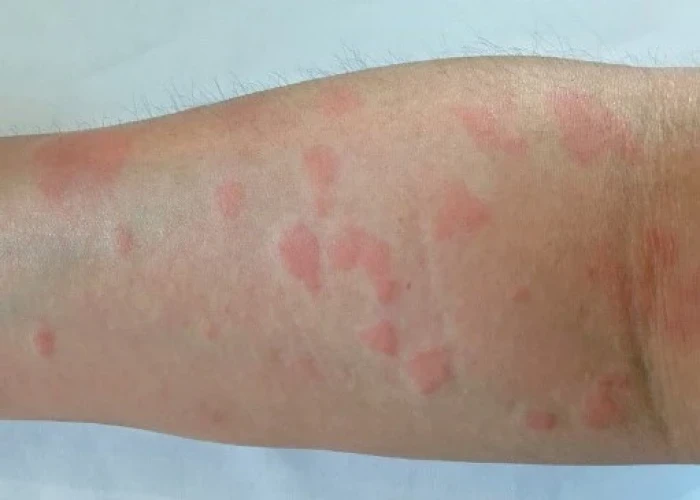
Lupus

Sleep terrors (night terrors)
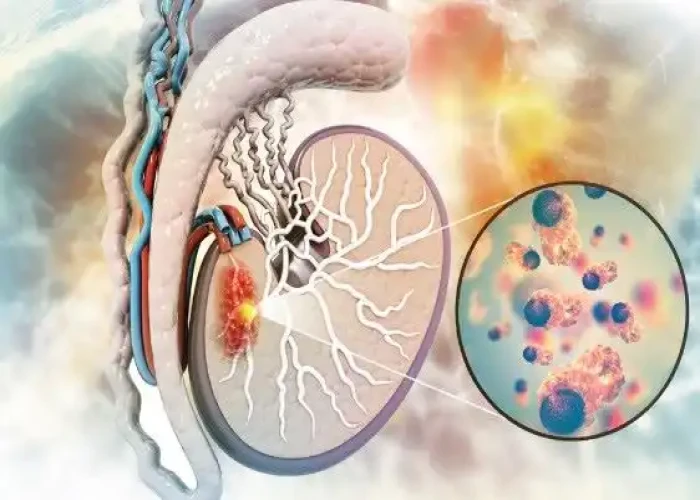
Testicular cancer
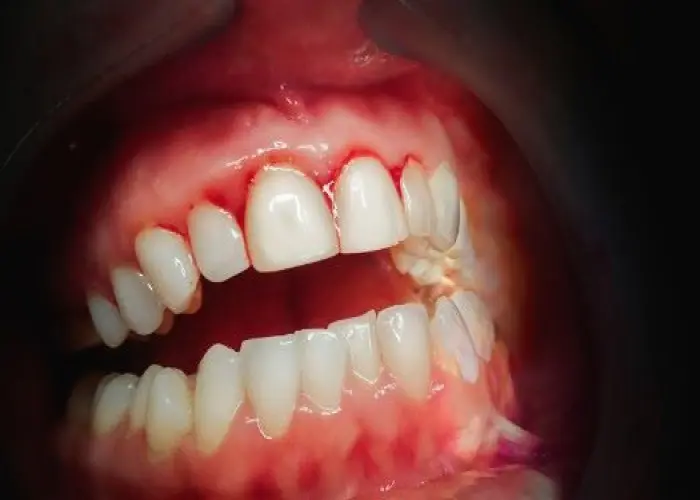
Gingivitis
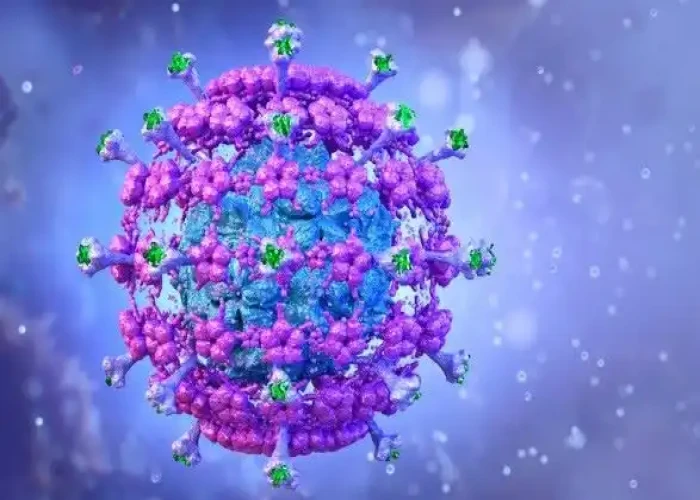
Viral gastroenteritis (stomach flu)
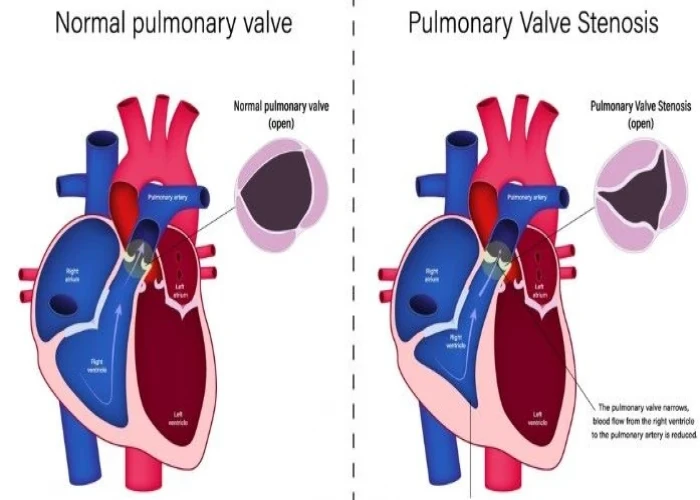
Pulmonary valve disease
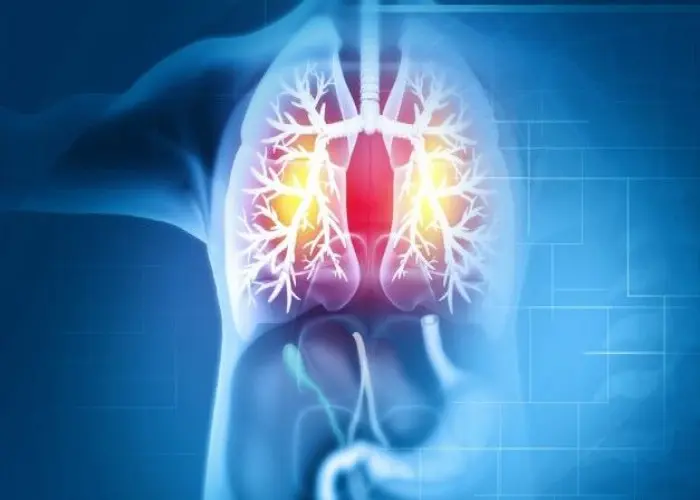
Interstitial lung disease

Somatic symptom disorder
mrsa infection, এমআরএসএ সংক্রমণ
To be happy, beautiful, healthy, wealthy, hale and long-lived stay with DM3S.
